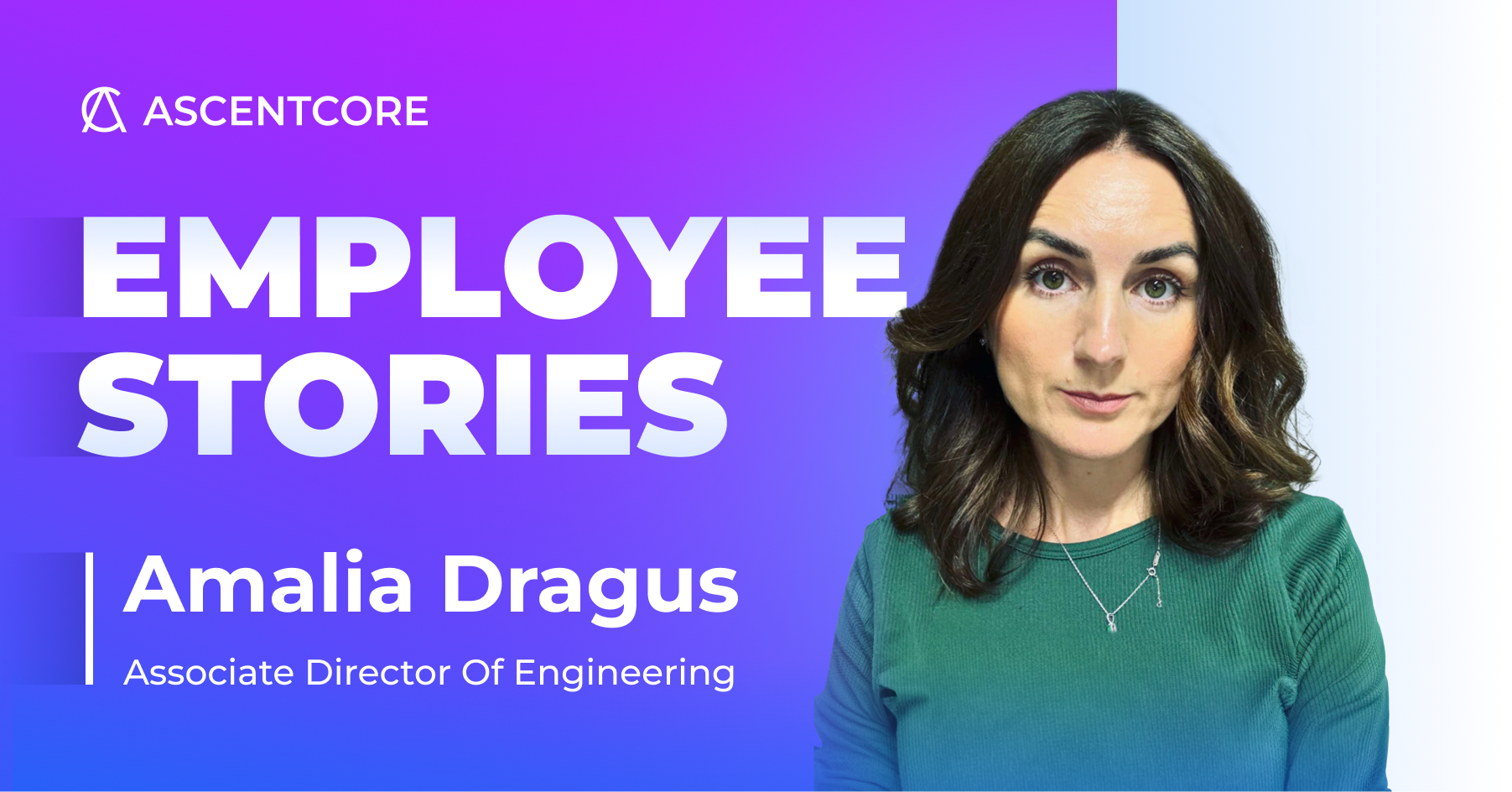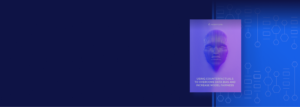Discover the inspiring journey of Amalia Drăguș, one of our leaders who balances professional life with personal growth. From leading distributed teams to embracing creativity and lifelong learning, Amalia’s story highlights resilience, teamwork, and a passion for making meaningful connections.
Tell us a bit about yourself. How does Amalia usually spend her personal time?
My days revolve around balancing my priorities: work, family, and personal growth. My son is my main focus, and we spend our free time together either working on small projects, or just hanging out around the house, participating in different activities this city has to offer, or working on the garden. Besides this, I am studying Psychology at the university, which is really interesting and useful in these times. Whenever I find time, I like to paint, play piano, or read a book, as I’m always looking for ways to improve both professionally and personally.
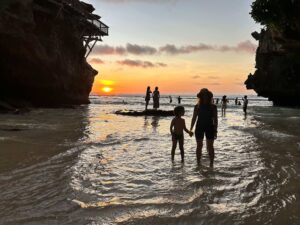

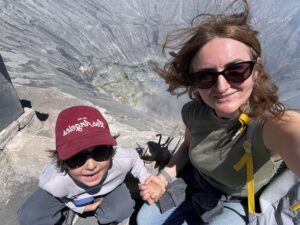
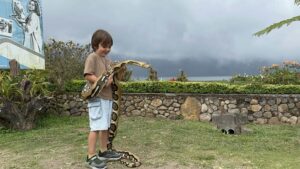
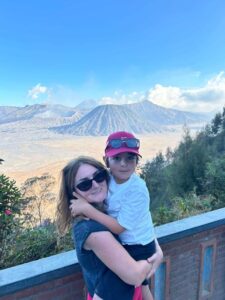

How has your role evolved over the years, and what new skills or knowledge have you acquired?
I believe in the quote: “you live, you learn”, and I believe that we learn and evolve till the day we die. I think the most important skill I learned in the past years revolves around communication and human relations, making myself understood, and also listening to those around me. I learned to stand up for myself in various situations, to transmit confidence, and to see the positive side of any situation. I still have a lot of practice to do, but I think I grew a lot in these areas and I now find it easier to deal with any kind of situation.
With the rise of remote and hybrid work environments, I’ve developed expertise in leading distributed teams, managing remote communication, and supporting team culture across different geographies.
Multi-tasking is essential in my work, as I often find myself juggling multiple priorities at the same time, which in time became an integral part of me, and I find myself applying it without even realizing it.
What does a typical workday look like for you nowadays?
It’s hard to describe a typical day, as they tend to differ. However, they all revolve around people, communication, and handling different situations within the team. Mornings can start usually with a good coffee 🙂, and reading through the emails and Slack messages from the previous night. As the day progresses, the pace increases. My day is usually filled with meetings, from periodical to impromptu ones, from standups, 1-1s, planning, client meetings in the afternoon, interviews, etc. which I try to fit in and join based on priorities.
What do you believe is key to building a tight-knit team? How do you keep people motivated within the team?
There are a few ingredients that I consider mandatory, the most important being the common goal. The team members, along with the manager, client, and company members they interact with, all must feel that they share the same goal.
Transparency, open communication, delegation, recognition, responsibility, events with the team, and listening, are among the most important ways I try to keep the team motivated. It is a continuous and joint effort.
What have been some of the most memorable moments during your time at AscentCore?
I would say the times we got together, either for Summer, Christmas parties, or team delegations. It always lifts my spirits when I get to see my team live, and I am amazed each time by how awesome each person is!
Can you share a particular project or achievement that you are most proud of?
My team. Considering the unusual context in which we started, the pandemic, and remote work, I think that we managed to prove that a team can be efficient and successful even if they don’t get to see each other face-to-face every day in the office. Their professionalism has repeatedly proved that they are a reliable team that the client can count on for any type of project.
Are there any specific strategies or mindsets that have helped you succeed?
Several strategies and mindsets have played a critical role in my success. First, honesty and transparency are at the core of my approach, both in communication and decision-making. Being open and clear builds trust and a culture of accountability within my team. Along with that, maintaining a positive attitude and optimism has always helped me navigate challenges. I believe that even in tough situations, focusing on solutions rather than problems helps to keep momentum and morale high.
Another key aspect is staying close to people—taking the time to understand their needs, concerns, and strengths. By empowering and encouraging my team members, I help them take ownership of their work and develop their potential, which ultimately drives collective success. This combination of open communication, optimism, and empowering others has been critical in both my personal growth and in leading successful teams.
What is the most important lesson you’ve learned in your time here at AscentCore?
The most important lesson I’ve learned during my time at AscentCore is the value of perseverance and commitment, regardless of how difficult, unclear, or even mundane a situation may seem. There have been moments when projects were particularly challenging or lacked clarity, but I’ve realized that pushing through, giving my best effort, and maintaining a strong work ethic always pays off in the end. It’s not just about achieving results, but also about personal growth and resilience. No matter the circumstances, I’ve learned that consistent hard work and a positive approach lead to progress, both for the team and myself.
What advice would you give to new colleagues just starting their journey?
My advice to new colleagues is: to be involved in everything you do. Commit to the work you’re given, and be dedicated to your team, your client, and your project. In addition, perseverance is key—stay determined even when things get tough or unclear. Be curious. Always ask questions, seek out new knowledge, and explore different ways of solving problems. Finally, focus on solutions, not the problems themselves. Challenges will always arise, but by keeping a solution-oriented mindset, you’ll not only find ways to overcome them but also inspire your teammates to do the same.
